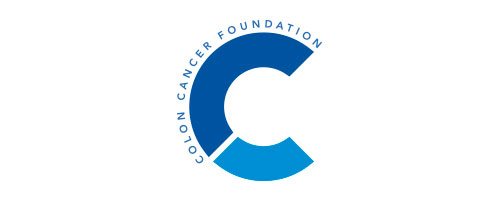Colon Cancer Foundation to Provide CRC Screening Kits to the Underserved and Uninsured
Can you support the Colon Cancer Foundation achieve its goal of distributing 10,000 CRC screening kits to the underserved and underinsured? You can easily donate toward this campaign here.
Preventive colorectal cancer (CRC) screening has always been a struggle in the U.S. According to the CDC, only about 69% of U.S. adults were up-to-date on their CRC screening in 2018. When combined with the restrictions and safety concerns raised by the SARS-CoV-2 pandemic, 2020 saw a major dip in the number of average-risk adults going in for a colonoscopy, which is the most common CRC screening and surveillance tool in the U.S.
During the early months of the pandemic (March-April 2020), hospitals and clinics decided to reduce in-person visits and halt elective procedures so they could divert their clinical staff toward managing the surge in COVID-19 patients. This led to a dramatic drop in routine preventive screenings, including screening colonoscopy. Additionally, those who needed a follow-up colonoscopy to confirm findings from an abnormal fecal immunochemical test (FIT) test could not come in to receive those, which further delayed diagnosis among these high-risk patients.
The San Francisco Health Network, for example, reported a 70% decrease in the total number of primary care in-person visits between February and May 2020, which led to a big drop in CRC screening tests: FIT tests reduced by about 85% and colonoscopy by about 90%. The authors predicted that a persistent decrease through early June could lead to 19,000 fewer CRC diagnoses and 4,000 excess deaths nationally as a direct impact of COVID-19.
Statistics from the American Cancer Society confirmed a 90% drop in colonoscopies due to the pandemic by April 2020, compared to two months earlier. Overall, they predict 1.75 million fewer colonoscopies were conducted between March and June 2020, which could have delayed CRC diagnosis in 18,800 patients and will lead to 4,500 excess deaths by 2030.
Combine that with the fact that lack of insurance, or underinsurance, remains a significant problem in the U.S. Statistics released from an August 2020 report from The Commonwealth Fund showed that in the first half of 2020:
- 5% of adults were uninsured
- 5% were insured but faced a coverage gap in the previous year
- 3% were underinsured
Unemployment related to the COVID-19 pandemic may have further exacerbated insurance coverage in the nation and created health access issues.
The backlog of CRC screening will create a number of unprecedented challenges and will force healthcare systems to adapt and adopt new protocols. Among its many recommendations to resume CRC screening, the National Colorectal Cancer Roundtable recommends offering at-home stool-based testing, such as the FIT test, as a safe and equally effective alternative.
With this in mind, the Colon Cancer Foundation has set a goal of helping provide 10,000 CRC screenings for people from the underserved and underinsured community in 2021. We will be working through industry partnerships, diagnostic companies, and retailers to provide free screenings—we need your support to accomplish this goal. For every $35 you donate, we will be able to provide one screening FIT test kit to the underserved and underinsured community.
Can you support the Colon Cancer Foundation achieve its goal of distributing 10,000 CRC screening kits to the underserved and underinsured? You can easily donate toward this campaign here.


Leave a Reply
Want to join the discussion?Feel free to contribute!